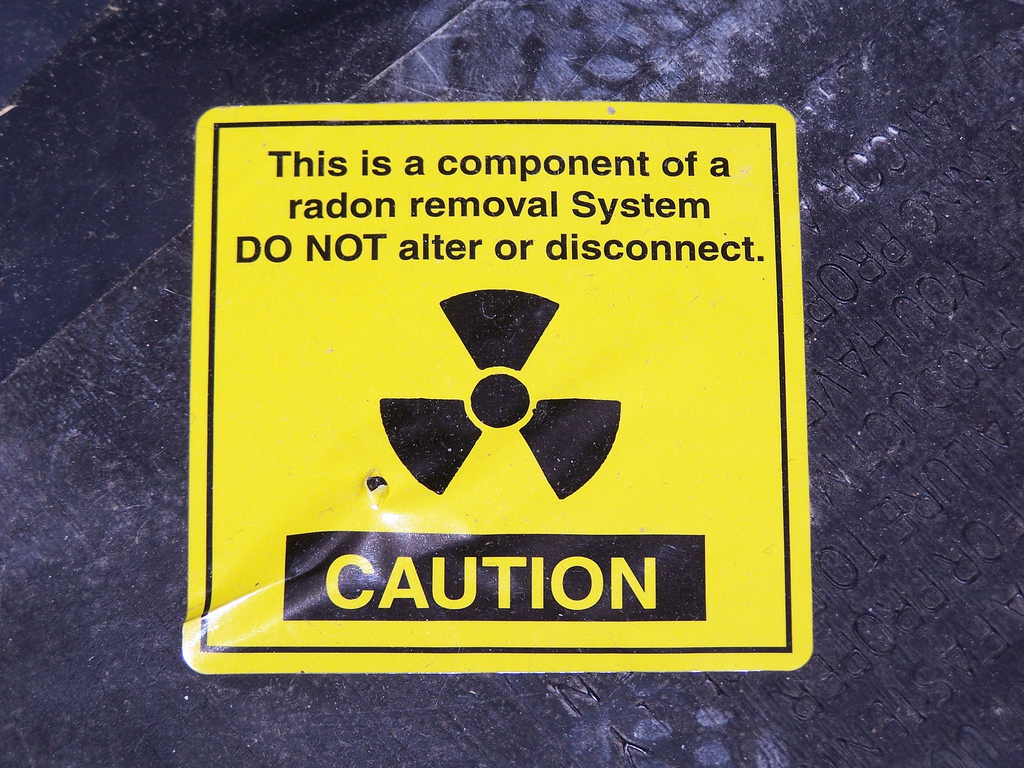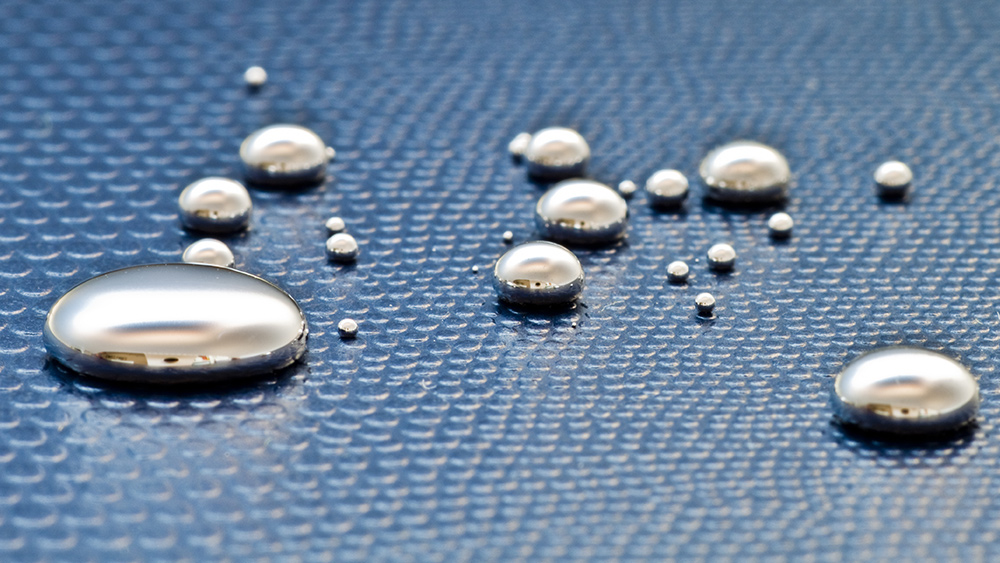Is there arsenic in your water? A new report claims domestic well water could be poisoning 2 million people
04/10/2019 / By Tracey Watson

For most of us, quenching our thirst is as simple as opening the nearest faucet. People in developed countries expect to have easy access to clean municipal water. However, in the United States, a large number of people – as many as 44 million – do not have access to such water and have to rely on water from private domestic wells.
A recent study conducted by the U.S. Geological Survey (USGS) and the U.S. Centers for Disease Control and Prevention (CDC), published in the journal Environmental Science & Technology, indicates that those who regularly drink such well water may be systematically poisoning themselves with arsenic.
And even those of us who have access to municipal water need to be aware that such water is not necessarily as “clean” as we might think.
The study determined that at least 2.1 million people are drinking water from wells that contain high levels of inorganic arsenic, which has been linked to increased risk of cancer, as well as lower birth weight and preterm birth for children born to women exposed during pregnancy.
While municipal water treatment facilities filter arsenic out of drinking water, those who are reliant on well water need to check arsenic levels for themselves.
The researchers examined 2,100 domestic wells across 48 states, and discovered that “concentrations of arsenic were greater than the U.S. Environmental Protection Agency Maximum Contaminant Level of 10 micrograms per liter in about 7 percent of wells nationally and were found at these concentrations in wells from several aquifer types.”
The affected wells were mostly located in New England, the upper Midwest, the Southwest and Texas. Government officials are now urging all those who regularly drink well water to have the arsenic levels in their wells tested.
Alarmingly, researchers also discovered multiple other contaminants in the tested water, including:
- Radon: Likely caused by the radioactive decay of uranium in aquifer materials, radon increases the risk of lung cancer;
- Strontium: This trace element has been linked to abnormal bone development;
- Nitrate: Fertilizer use, manure, aquifer materials and effluent from sewage and septic systems all ends up in well water, and can make infants under 6 months seriously ill or could even kill them. Symptoms to watch out for include shortness of breath and blue baby syndrome;
- Uranium: Aquifer materials release uranium into well water. This trace element has been linked to increased risk of cancer and kidney toxicity.
- Fluoride: Added to municipal water – supposedly to promote strong teeth – fluoride can end up in well water. The USGS confirms that fluoride causes bone disease and can result in mottled teeth in children (so much for promoting oral health).
The fluoride which is added to municipal water means that those of us who drink water straight out the faucet are also exposing ourselves to risk. Not only does fluoride not strengthen teeth – the World Health Organization found no difference between tooth decay in countries with fluoridated water compared to other countries – but it actually contributes to a condition called dental fluorosis, which weakens and damages tooth enamel.
And fluoride causes several other health problems. As Natural News previously reported:
Fluoride aggregation in the pineal gland affects the production of melatonin, a hormone that regulates the body’s sleep/wake cycle and the onset of puberty. It increases the uptake of aluminum in the brain and lead in the blood, as such increasing heavy metal toxicity in the body.
Fluoride has also been found to affect brain and cognitive development, even bringing about brain damage in fetuses. Impairments in learning and memory have also been correlated to fluoride use. Fluoride also affects the immune system, by inhibiting the production of antibodies in the blood, as well as triggering auto-immune attacks on the body.
Really then, whatever your water source, it is vitally important to use a truly effective water purification system to ensure that you derive water’s myriad health benefits, rather than compromising your health with every sip.
Sources include:
Tagged Under: arsenic, clean water, contamination, domestic wells, environment, Fluoride, toxic water, water purification, Well water


















